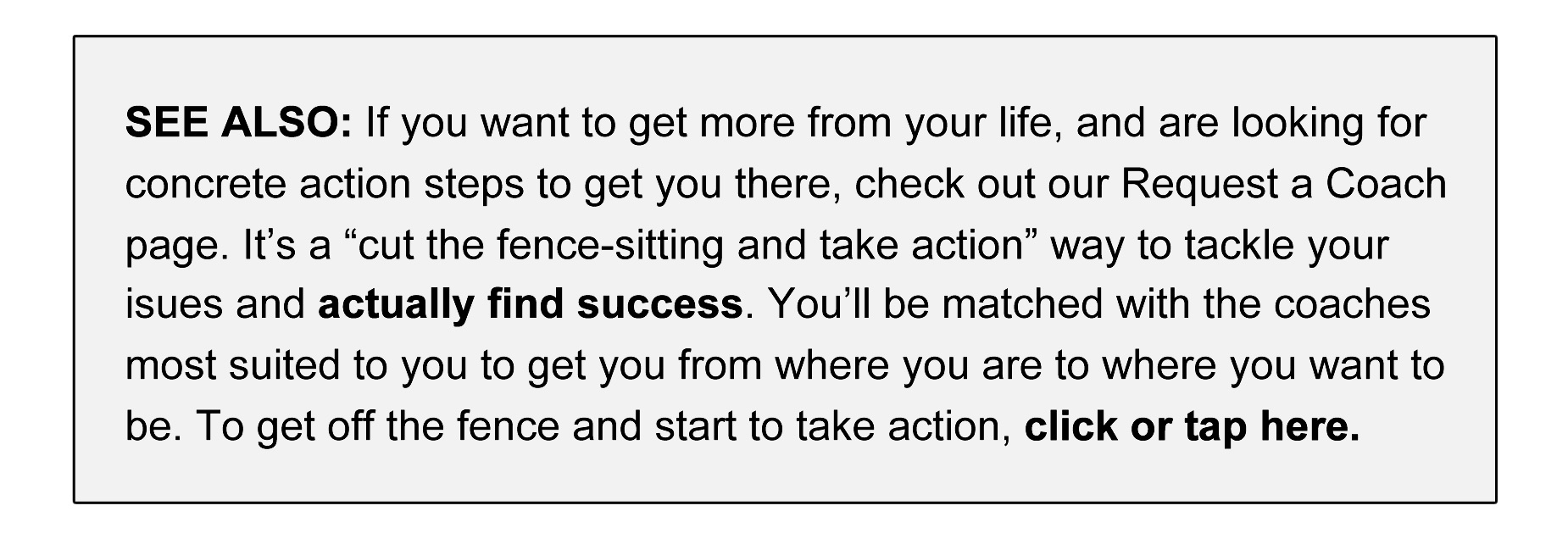
What are cognitive distortions?
Cognitive distortions are our automatic thoughts. They are thought processes that affect us in negative ways. Things like:
- This always happens to me
- I never get things right
- They'll think I'm stupid if I do that..
When we break down those thoughts and challenge them it becomes easy to see that they are generally put-downs, and make us feel worse about ourselves.
Examples of cognitive distortions
Some examples of cognitive distortions are the following:
This Always Happens To Me
This is an example of all or nothing thinking. Does if ALWAYS happen to you? Is there times when it didn't happen to you? Does thinking in this way make you feel good about yourself?
I Never Get Things Right
This is also all or nothing thinking and an example of discounting the positives. Have you NEVER got anything right before?
They'll Think I'm Stupid
This is known as fortune telling and jumping to conclusions: predicting what other people will think and say without any proof. It involves pre-empting what will happen, and usually in the worst case scenario. If you were planning to do something and had the thought that terrible things would happen if you went, are you likely to go?
Types of cognitive distortions
Cognitive distortions are the blinkers we have that prevent us from trying something in case we fail, or are seen as stupid. When we challenge these thoughts we can start to unravel our unhelpful ways of thinking and start to take a more functional and positive approach.
Can you recognize your thought patterns in the following:
Overgeneralization -
You view a negative event as a never ending pattern of events. A bit like all or nothing thinking, and having a fatalistic outlook.
Mental FIltering -
This is when you discount the positives. For example, several people compliment you for outstanding work, and one person says something negative. If you use mental filtering, you will only dwell on the negative and disbelieve the positives.
Magnification/Minimization -
You blow everything out of propportion or disregard the impact of your behaviour on another.
Should Statements -
I should have done that, this should happen, I ought to have said this. These are examples of should statements. You criticize yourself or others and blame or feel guilty for not doing something you feel you SHOULD have done.
challenge your cognitive distortions!
The above are just a few examples of cognitive distortions. Can you identify with any of them? When you challenge these unhelpful ways of thinking you can improve the functionality of your thought processes and start to see alternatives instead of turning on yourself.
Our thoughts are only our thoughts, and only we can change them. Next time you are attacking yourelf, why not stop, be knind to yourself, and look for an alternative thought that makes you feel good?



























COMMENTS